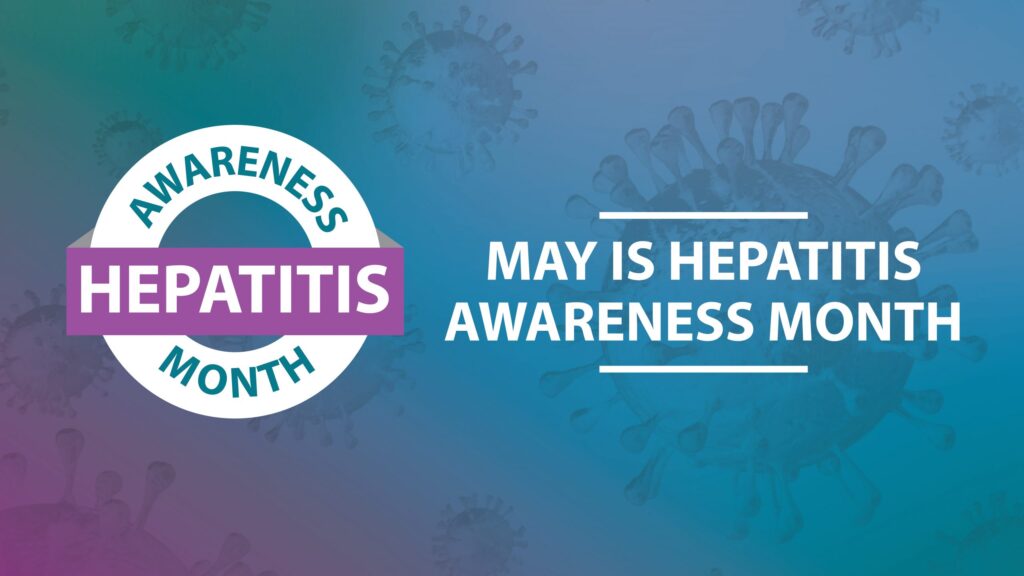
May is Hepatitis Awareness Month, a time to raise awareness that hepatitis continues to be a public health threat in the United States. Hepatitis C, which is spread through contact with contaminated blood, is often contracted by people who inject drugs (PWID).
Hepatitis C is treatable, but unfortunately, many people who are infected and actively using substances aren’t ever treated or even tested for the virus. If left untreated, hepatitis C can lead to fatal health disorders, such as cirrhosis of the liver, or infective endocarditis, a very dangerous infection of the heart.
According to the World Health Organization (WHO), approximately 1 in 3 deaths caused by hepatitis C occurs in PWID. Like so many deaths that happen due to substance use, these deaths could be easily prevented if the proper measures were taken within communities to reduce harm for people who us drugs.
A little over 50% of all PWID have been exposed to hepatitis C. Many of those who have it may never get treated or even show symptoms, making it more likely that they will spread the virus if they are sharing or reusing needles. Harm reduction methods, like providing clean needles or hepatitis C testing through street medicine can prevent infection and help those who test positive receive treatment.
It is often the case that overdose is the only focus of the larger societal discussion around the ongoing crisis of substance use in the United States. But overdose is not the only way people who use drugs are losing their lives. The health outcomes from untreated hepatitis C, as well as HIV, and other types of infections common among PWID need to be a part of the conversation to promote harm reduction policy.
Clean needles and other harm reduction tools like naloxone and fentanyl testing strips could be more accessible for the people who need them. Many needle exchange programs only operate in urban centers. Having harm reduction tools available for free or at low-cost in publicly accessible places, like community health centers or local pharmacies in rural and urban communities would limit the transmission of potentially fatal infections like hepatitis C, in addition to decreasing overdose and improving overall health outcomes.
If you inject drugs or know or love someone who does, encourage them to get tested for hepatitis C. Hep C treatments for one person could save the lives of many.





